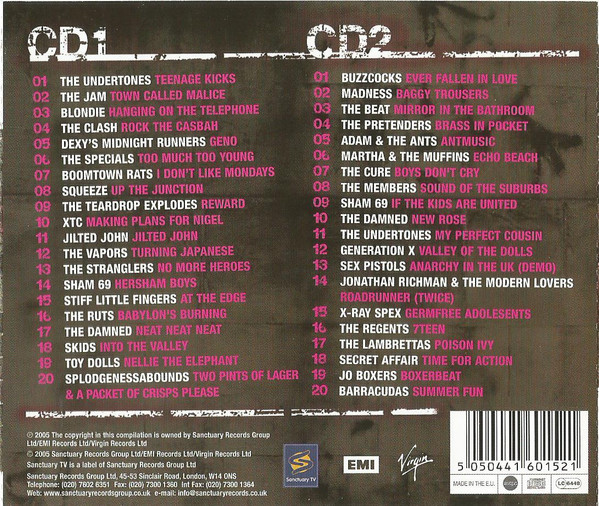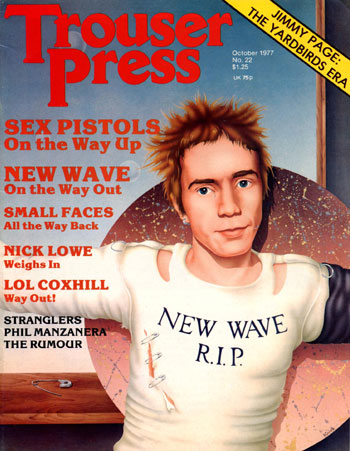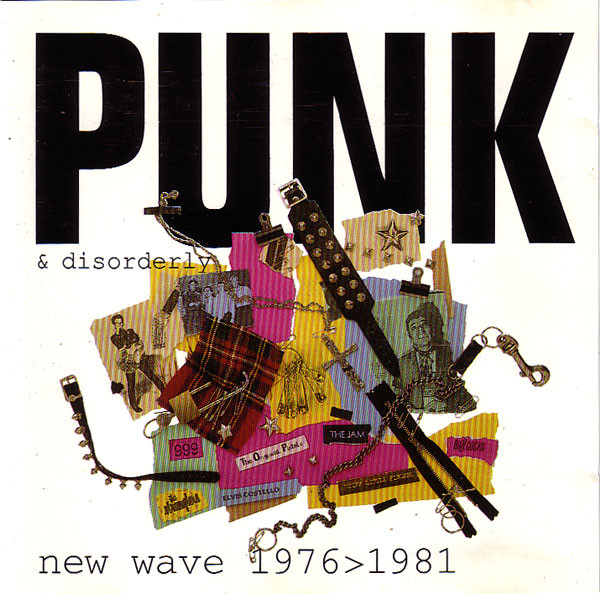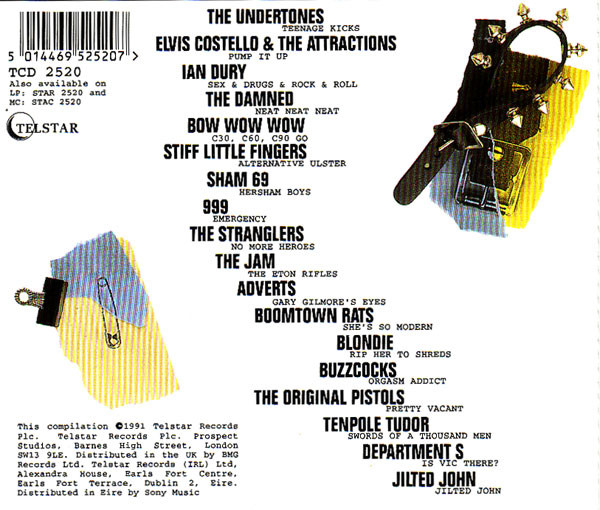Clearly the essay needs to open with a disclaimer to the effect that New Wave is a very vague term, with numerous definitions both in the UK and the USA.
Personally, I'd say that whilst UK punk is relatively easy to define and put boundaries round, both in terms of time and in terms of artists, New Wave is much more nebulous. In the case of the USA, the New Wave label is even broader, encompassing mainstream pop and rock far more than UK New Wave did.
I'd strongly disagree with some categories mentioned up-thread; for me, groups like The Stranglers, The Ramones and The Clash were solid punk and not New Wave at all. Television started out as punk (indeed, one of its co-founders, Richard Hell, claims to have 'invented' the archetypal punk 'look' of ripped T-shirts and safety pins), but morphed into something else after Hell left. Blondie's early releases ('eg 'Rip Her To Shreds') were punk-ish, but the group quickly moved to pop and disco. The Modern Lovers started out with a punk vibe, but also softened over time. Were they New Wave in their later incarnations?
Then there are the unclassifiable Fall, who began releasing records during the first wave of UK punk, but who were always outside the punk mainstream (and got bottled off stage for it). So, not punk, but they were hardly New Wave, either.
Plus, of course, there was No Wave:
https://en.wikipedia.org/wiki/No_wave
'In 1978 a punk subculture-influenced noise series was held at New York's Artists Space.[15] No wave musicians such as the Contortions, Teenage Jesus and the Jerks, Mars, DNA, Theoretical Girls and Rhys Chatham began experimenting with noise, dissonance and atonality in addition to non-rock styles.[16] The former four groups were included on the No New York compilation, often considered the quintessential testament to the scene.[17] The no wave-affiliated label ZE Records was founded in 1978, and would also produce acclaimed and influential compilations in subsequent years.[11]
By the early 1980s, artists such as Liquid Liquid, the B-52s, Cristina, Arthur Russell, James White and the Blacks and Lizzy Mercier Descloux developed a more dance-oriented style described by Luc Sante as "anything at all + disco bottom".[18] Other no-wave groups such as Swans, Suicide, Glenn Branca, the Lounge Lizards, Bush Tetras and Sonic Youth instead continued exploring the early scene's forays into noise and more abrasive territory.'





